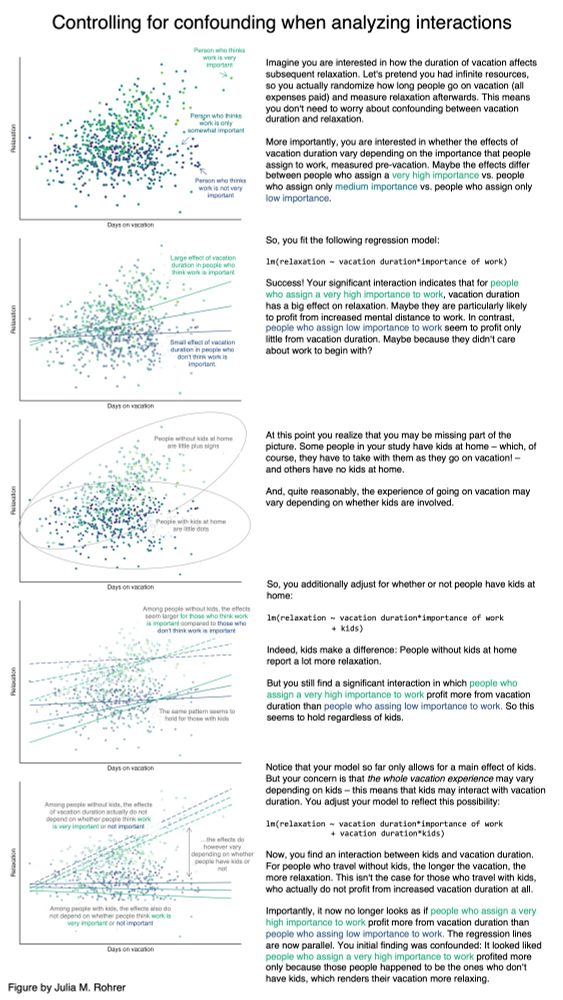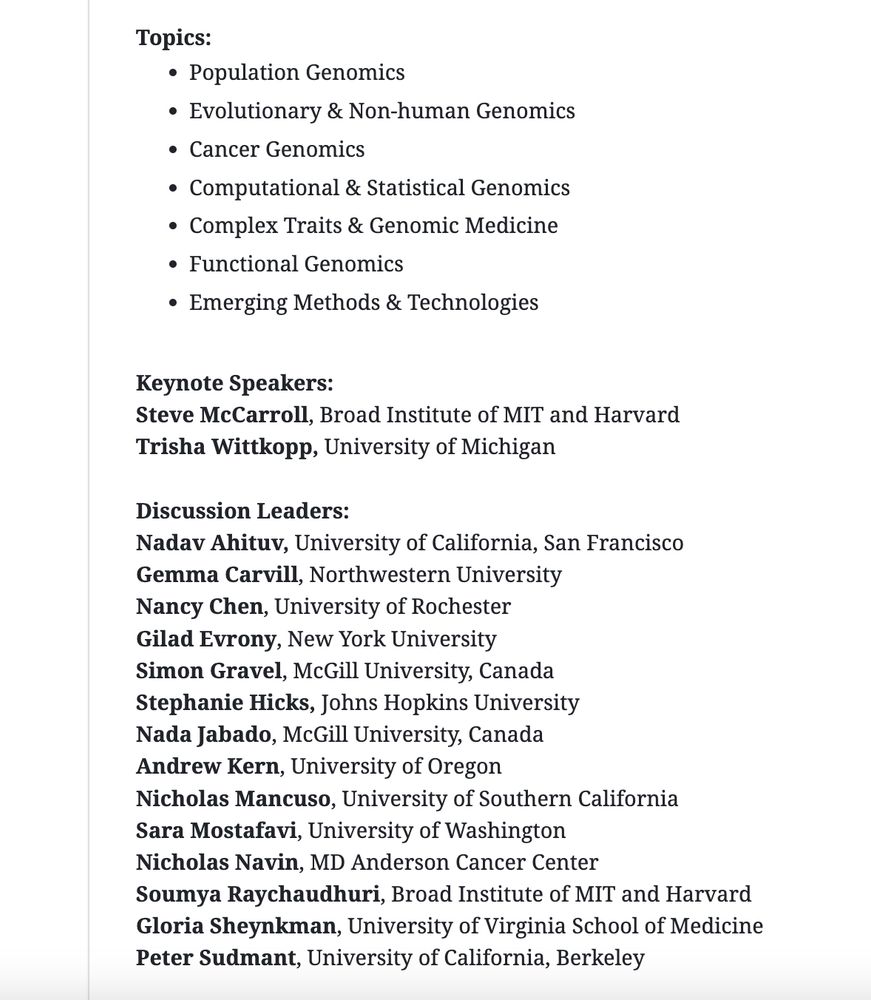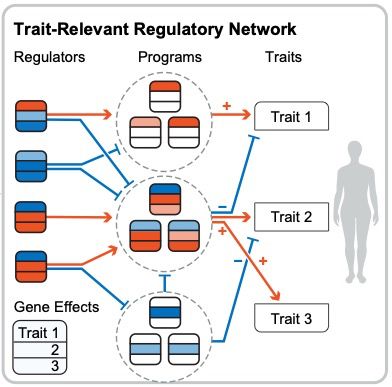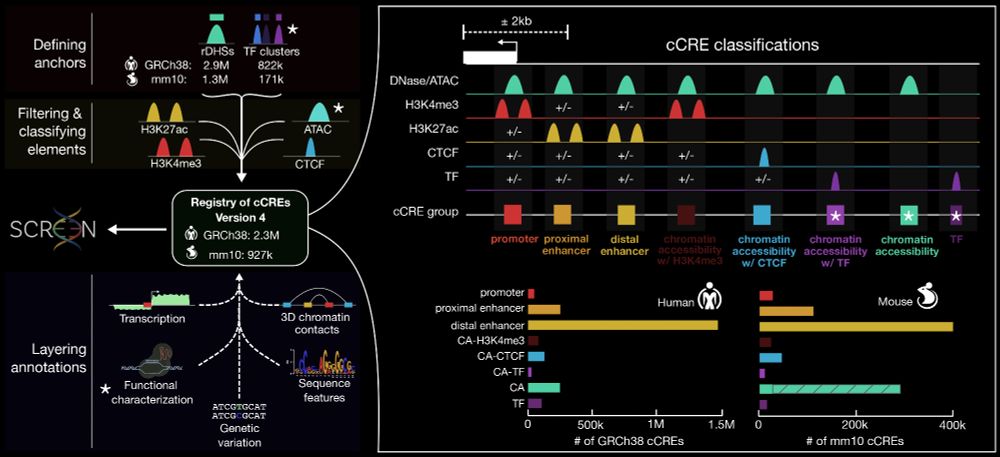Hakhamanesh Mostafavi
@hakha.bsky.social
730 followers
360 following
10 posts
Assistant Professor at NYU Langone. Genetics, evolution and biology of complex traits and diseases.
Posts
Media
Videos
Starter Packs
Pinned
Hakhamanesh Mostafavi
@hakha.bsky.social
· Jul 25
Reposted by Hakhamanesh Mostafavi
Roshni Patel
@roshnipatel.bsky.social
· Aug 6
Reposted by Hakhamanesh Mostafavi
Hakhamanesh Mostafavi
@hakha.bsky.social
· Jul 26
Hakhamanesh Mostafavi
@hakha.bsky.social
· Jul 25
Reposted by Hakhamanesh Mostafavi
Hakhamanesh Mostafavi
@hakha.bsky.social
· Jun 17
Reposted by Hakhamanesh Mostafavi
Reposted by Hakhamanesh Mostafavi
Molly Przeworski
@mollyprz.bsky.social
· Apr 29
Hakhamanesh Mostafavi
@hakha.bsky.social
· Apr 28

Donate to Support the Longest Running Community Chorus in the Bronx!, organized by Denise Wharton
Keep the Bronx Singing – Support the Bronx County Chorus!
… Denise Wharton needs your support for Support the Longest Running Community Chorus in the Bronx!
www.gofundme.com
Reposted by Hakhamanesh Mostafavi
Jeff Spence
@jeffspence.github.io
· Mar 28

Whole-genome sequencing analysis of anthropometric traits in 672,976 individuals reveals convergence between rare and common genetic associations
Genetic association studies have mostly focussed on common variants from genotyping arrays or rare protein-coding variants from exome sequencing. Here, we used whole-genome sequence (WGS) data in 672,...
www.biorxiv.org
Reposted by Hakhamanesh Mostafavi
Reposted by Hakhamanesh Mostafavi
Reposted by Hakhamanesh Mostafavi
Reposted by Hakhamanesh Mostafavi
JT Neal
@jtneal.bsky.social
· Jan 27
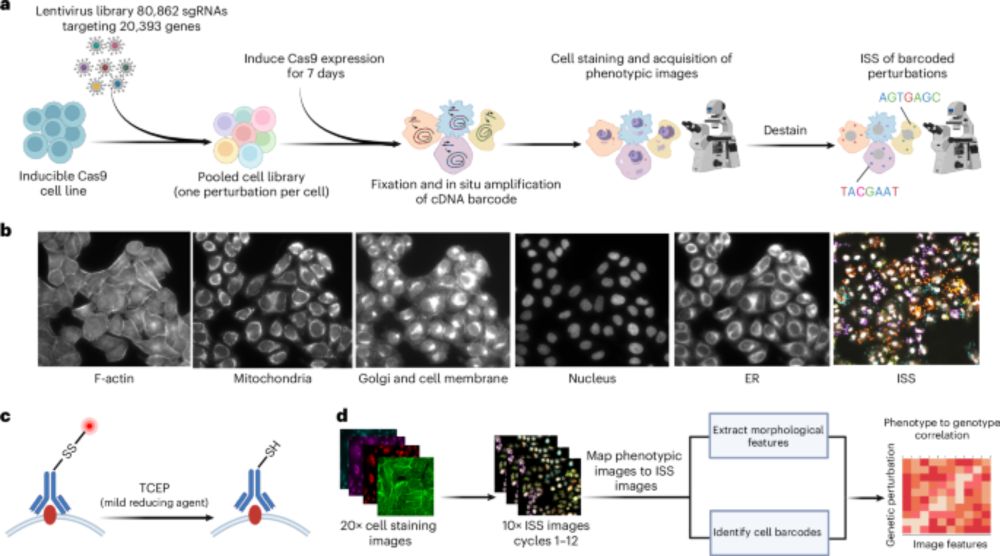
A genome-wide atlas of human cell morphology - Nature Methods
An optical pooled cell profiling platform (PERISCOPE) based on Cell Painting and optical sequencing of molecular barcodes was used to develop the first unbiased genome-wide morphology-based perturbati...
www.nature.com
Reposted by Hakhamanesh Mostafavi
Reposted by Hakhamanesh Mostafavi
Reposted by Hakhamanesh Mostafavi
Jonathan Pritchard
@jkpritch.bsky.social
· Jan 24
Reposted by Hakhamanesh Mostafavi
Matt Ming
@mattjming.bsky.social
· Jan 14

No evidence for sex-differential transcriptomes driving genome-wide sex-differential natural selection
We assess the evidence for a genome-wide relationship between sex differences in gene
expression and sex differences in natural selection. We develop an improved model
for testing this association but...
www.cell.com
Reposted by Hakhamanesh Mostafavi
Doc Edge
@docedge.bsky.social
· Jan 10

Donate to Help the Lim Family rebuild after the Altadena Eaton Fire, organized by roy yoo
On Wednesday, January 7th, the devastating Eaton fire in Altadena, C… roy yoo needs your support for Help the Lim Family rebuild after the Altadena Eaton Fire
www.gofundme.com
Reposted by Hakhamanesh Mostafavi
Reposted by Hakhamanesh Mostafavi


